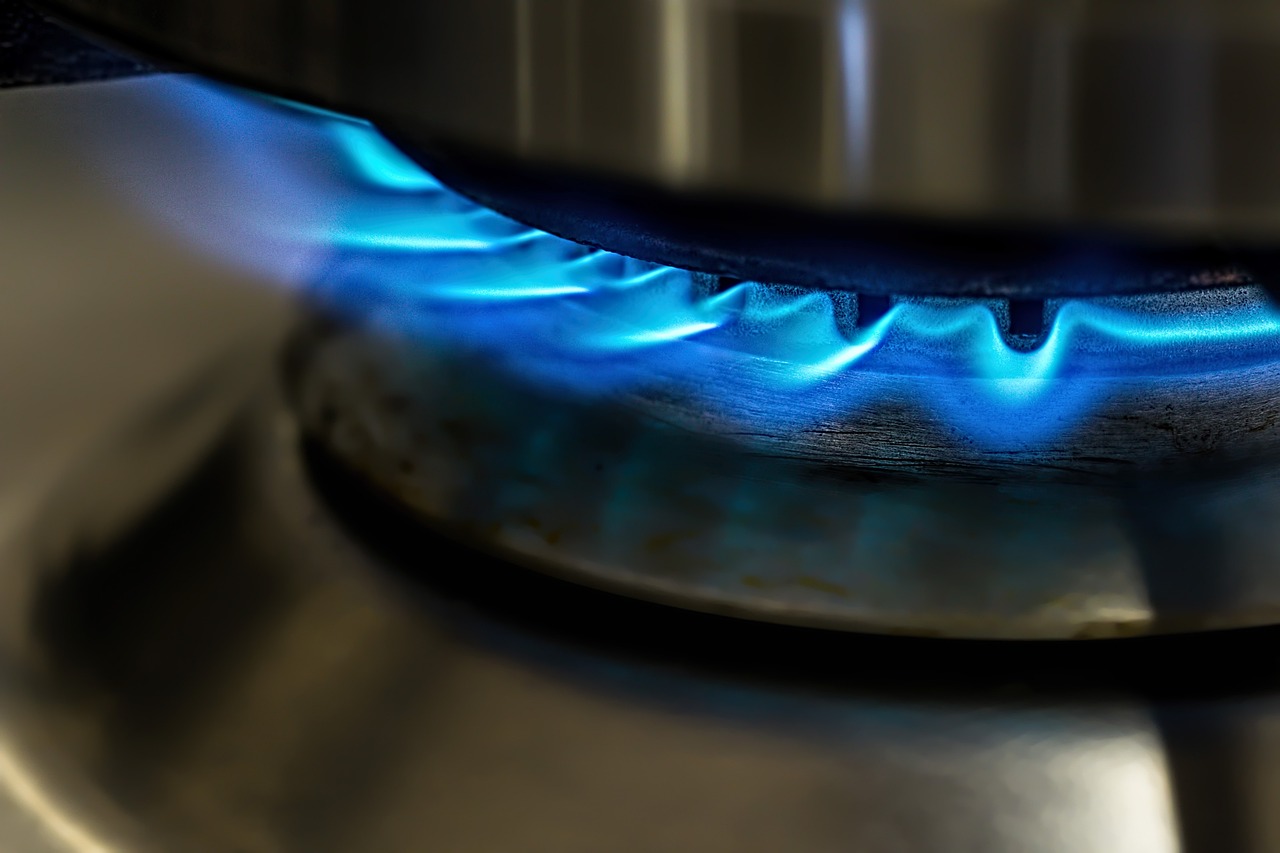Smoking, a major factor that contributes to indoor air pollution, is known to cause health issues like respiratory infections, asthma attacks and lung cancer in children. But what about emissions from the cooking stove? A new study has revealed a link between exposure to unclean cooking fuels and development delays in children.
Clean fuel refers to energy sources that emit negligible amounts of carbon during combustion. In cooking, the use of microwave, electricity and solar power is considered clean sources, while natural gas, propane or wood are considered dirty or unclean fuel.
Researchers from the University at Buffalo evaluated 4,735 mother-child pairs enrolled between 2008 and 2010 in the Upstate KIDS study, a large population birth cohort. The team followed up on the development milestones of the children until the age of three based on factors such as communication, gross and fine motor skills, personal-social and problem-solving abilities.
The exposure to indoor air pollution during pregnancy and at the age of four months, 12 months, and 36 months were assessed based on self-reported data.
“Unclean cooking fuel exposure from pregnancy to 36 months of age increased the odds of failing any developmental domain by 28%, the gross motor domain by 52%, and the personal-social domain by 36%. Researchers observed significant associations of unclean cooking with failing any domains and specific domains among infants of young mothers, singletons (pregnancy with one baby) and male infants, but not among infants of older mothers, non-singletons or female infants,” researchers said in a news release.
The team found that 21.5% of women were exposed to passive smoke during pregnancy, while 14.2% were active smokers during pregnancy. The study revealed a positive association between passive smoke exposure and failing the problem-solving domain among nonsmokers.
“Passive smoking or secondhand smoking is also an important source of indoor air pollution and should not be…
Read the full article here

Leave a Reply